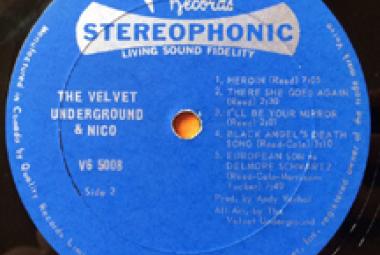BEETHOVEN'S FIFTH SYMPHONY
Beethoven's Fifth Symphony (The Symphony No. 5 in C minor of Ludwig van Beethoven, Op. 67) was written 1804–1808. It is one of the best-known compositions in classical music, and one of the most frequently played symphonies. It begins by stating a distinctive four-note “short-short-short-long” motif twice. The symphony, and the four-note opening motif in particular, are known worldwide, with the motif appearing frequently in popular culture, from disco to rock and roll, to appearances in film and television. Since the Second World War, it has sometimes been referred to as the “Victory Symphony”. “V” is the Roman character for the number five; the phrase “V for Victory” became well known as a campaign of the Allies of World War II. The BBC, during World War Two, prefaced its broadcasts to Europe with those four notes, played on drums. (More from Wikipedia)
I am pretty sure that I must have heard a track or two by the Dutch progressive rock band Ekseption on college radio back in the day; otherwise, I don’t know how Aram Khachaturian’s “Sabre Dance” would sound so familiar to me. The opening track on their self-titled debut album in 1969, Ekseption – simply called “The 5th” – is based on Ludwig van Beethoven’s Fifth Symphony. This might be the first pop treatment of the symphony, though there have been many others over the years. One of the Electric Light Orchestra’s earliest hits is a cover of Chuck Berry’s “Roll Over Beethoven” that incorporated some parts of the symphony; and then of course, there is the disco version called “A Fifth of Beethoven” by Walter Murphy. Unlike the others though – which mainly focused on the “da da da DUM” opening – Ekseption actually incorporated significant portions of Beethoven’s Fifth Symphony into a more complete work. (I had always heard that the opening was based on Morse Code for the letter “V”, standing for “victory” – not to mention the roman numeral V for Fifth – but evidently, the symphony predated the development of the Morse Code).
(January 2013)















